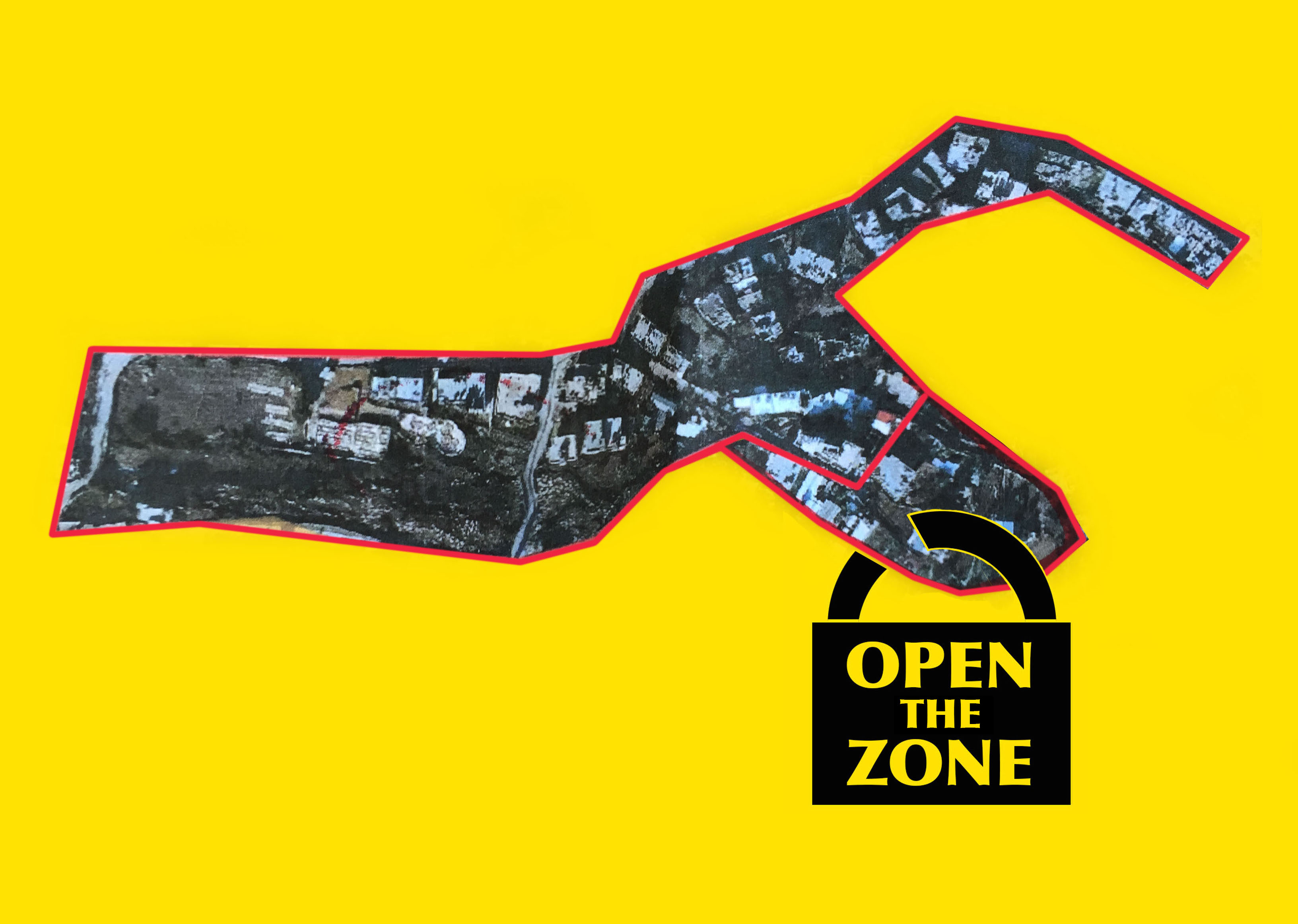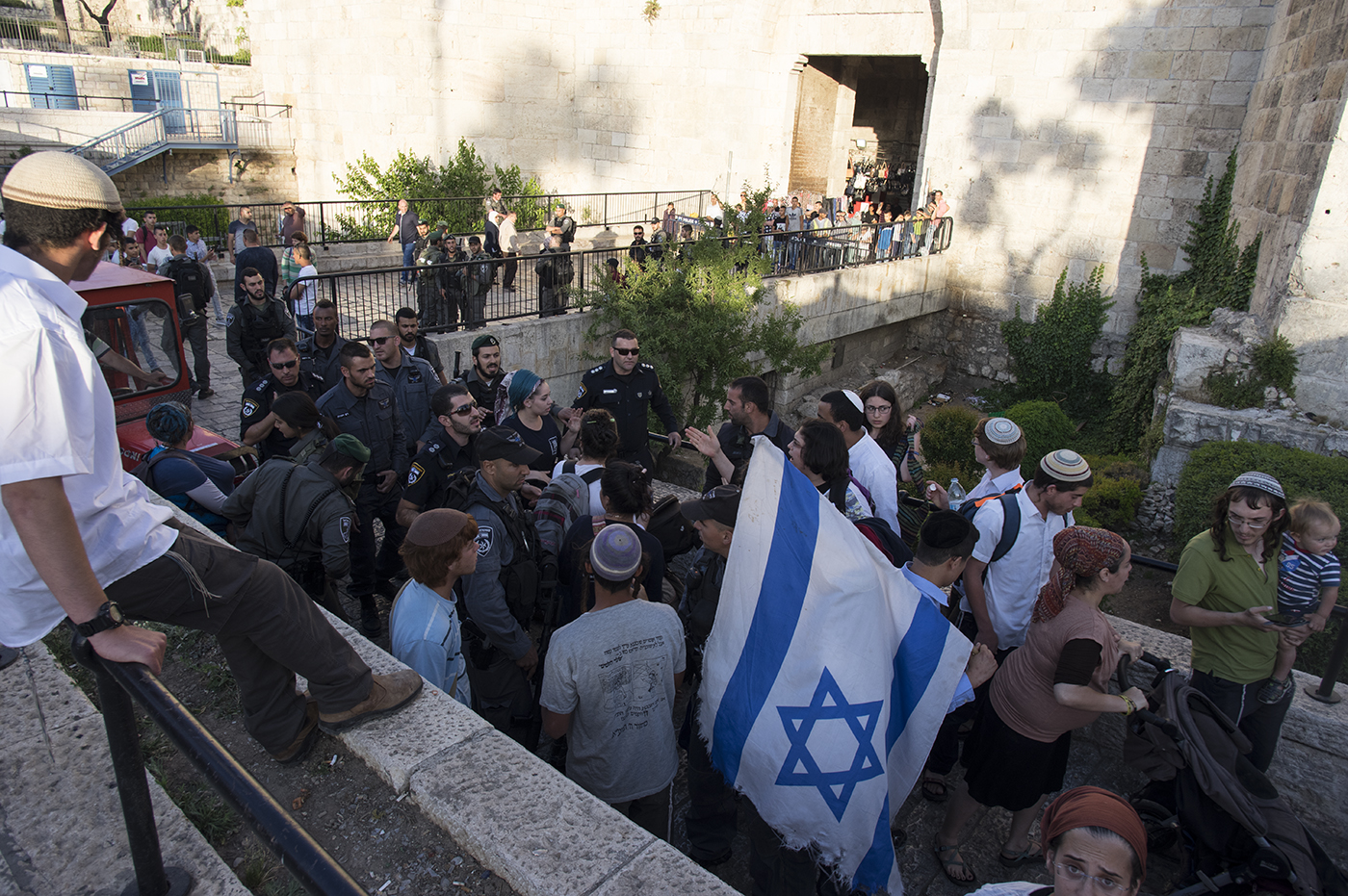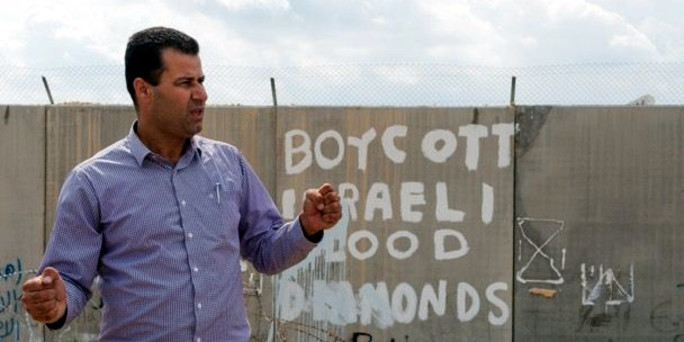Tag: International law
-
An end to discrimination? Closed Military Zone in Hebron neighbourhood officially stopped
20 May 2016 | International Solidarity Movement, al-Khalil team | Hebron, occupied Palestine The closed military zone (CMZ) encompassing the Tel Rumeida neighbourhood and Shuhada Street in occupied al-Khalil has officially been lifted. According to the Israeli army spokesperson, the CMZ-order was not extended, now allowing some non-residents into the area. The International Solidarity Movement…
-
Aggressive young Israeli settlers provoke anger in Damascus gate, Jerusalem
14 May 2016 | International Solidarity Movement, Al-Quds team | Jerusalem, occupied Palestine The 12th of May 2016 notes the day Israel calls Independence Day. For Palestinians, Israeli Independence Day means the start of the Naqba in 1948 (the Catastrophe) and the loss of their homeland, which is still ongoing today. We had traveled to…
-
Human Rights Defender Abdullah Abu Rahma arrested and detained
15th May 2016 | International Solidarity Movement, al-Khalil Team | Bil’in, occupied Palestine UPDATE 23d of May 2016: Abdullah was released from military prison on the evening of the 22nd. He must return to military court on the first of June for a hearing of the appeal of the military prosecution against the decision to…



